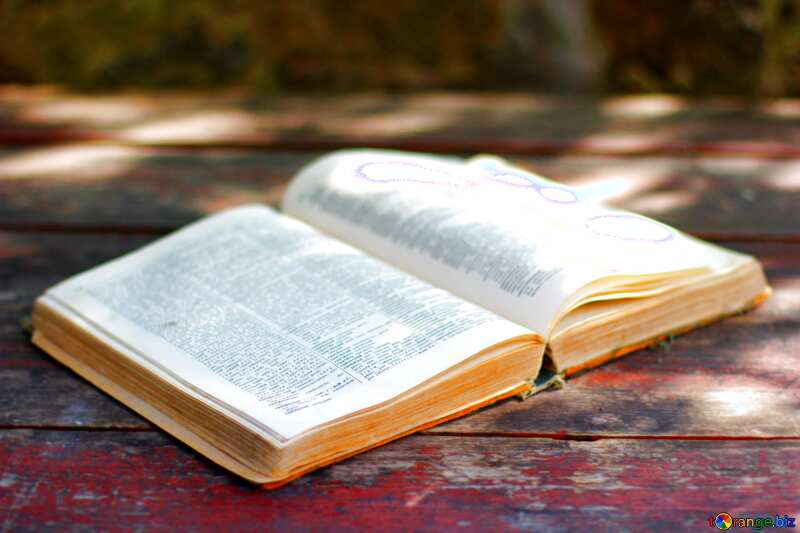
Bridge strategy is about more than bids, plays and card decks.
Sometimes a person can draw from several different sources to improve their in-game strategy – and these sources don’t have to come from the bridge world. Strategy can come from the world of business, from a piece of good fiction, from an inspirational quote or from a great movie that sticks.
I’ve pulled great strategy advice from many books that applied to how I played bridge, even though these books might have fallen far from the topic of cards.
Here are X helpful bridge books that aren’t strictly about bridge, but still applies to being a better bridge player, card strategist and partner.
#1: Body Language: How to read others’ thoughts by their actions (Allan Pease)
People are like books in many ways: it’s not nice to crack their spines unannounced, and just like books, people can be read from cover to cover. The Art of Body Language is a nice introduction to the world of reading general body language signals – and what they could mean in-and-out of context.
If you’ve ever had difficulty at matching up what people mean versus what they say (or you just want a better grip on human behavior at the table), read this.
#2: Miracle Mongers and their methods (Harry Houdini)
Houdini is synonymous with the great escape act and grand, majestic stage performances throughout his life – although he also happened to double as the James Randi of his time.
He had a particular knack for exposing the scams and tricks of the time. In this book, he explores several of the most popular conjuring tricks and supposed miracles of the time. Then, he explains how these effects were achieved.
This should be (and I think, is) required reading for anyone interested in cards, magic or conjuring at all.
#3: The long walk to freedom (Nelson Mandela)
The Long Walk to Freedom is a defining book, written about one of the greatest strategists our time might have ever known – and this tells, in his words, about Mandela’s ascension to president of a democratic country and some of what it took to get there.
It talks honestly, plainly and at length about his life.
And it has a lot to teach, depending on which area of your life where it needs to be applied most. (Including strategy at the card table.)
#4: Rich Dad, Poor Dad (Robert T. Kiyosaki)
Rich Dad, Poor Dad is one of the most popular books on business out there. While I’ll admit the book is flawed in some ways (and yes, slightly angled towards capitalism), I’ll also admit that the book had some golden gems that can help to give anyone a better view of finance, investment, preparing and well, what the hell you’re doing at the card table.
Read it for a great look at how to find better strategies – and often more practical solutions.
#5: The Art of War (Sun Tzu)
The Art of War is, well, plainly about the art of war.
It teaches how to approach, watch, confront, attack and defend.
And there’s not a single board or card game that I haven’t found it useful for. (Of course, you’ll have to replace all the uses of enemy and adversary with the word opponent – and promise that there won’t be any weaponry present at the bridge game…)
Read it for an accurate take on The Art of War when applied to bridge.
